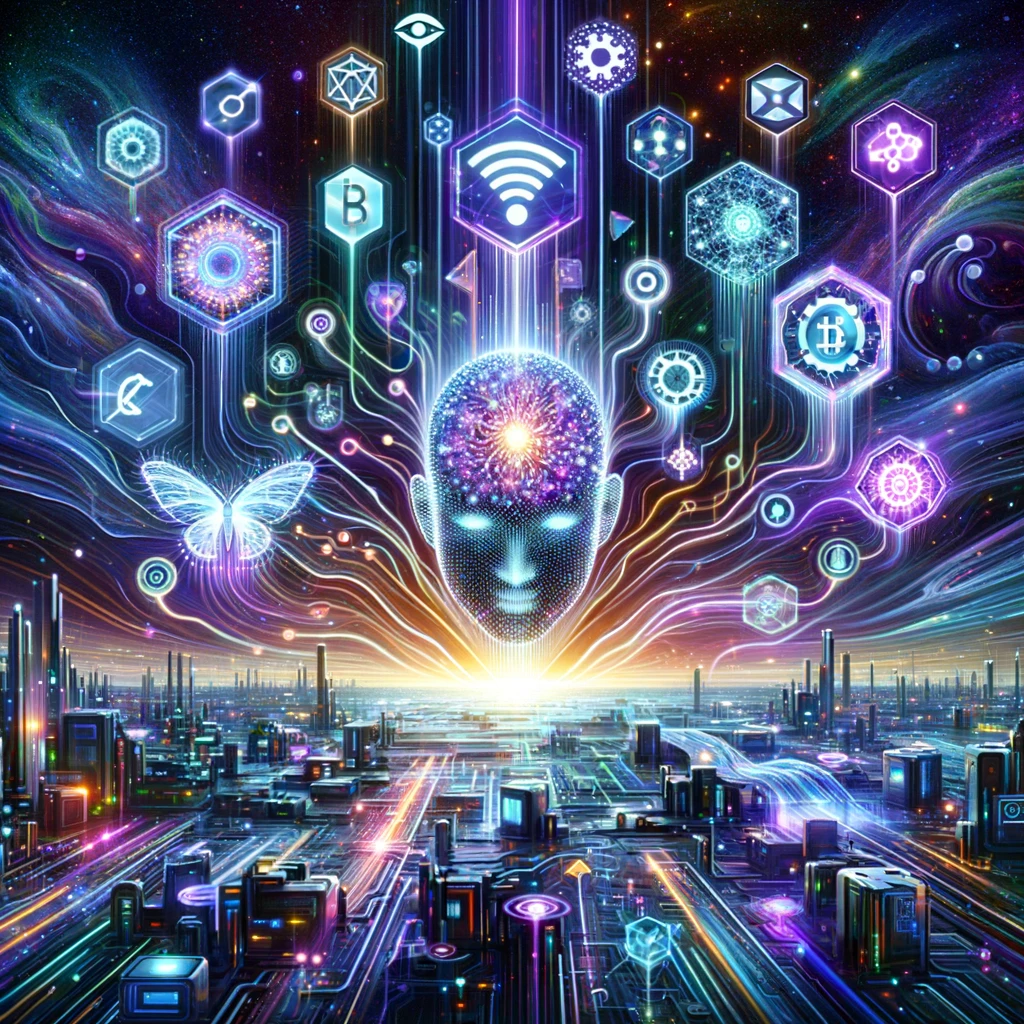It seems as though we’ve reached a point in history where the lines between reality and science fiction have blurred. We’re now grappling with questions about the potential dangers of self-aware artificial intelligence (AI) that were once reserved for Hollywood blockbusters.
The idea of AI surpassing human intelligence might seem like something out of a sci-fi novel, but it’s becoming increasingly evident that we may be playing with fire by pushing the boundaries of AI research.
In the realm of technology, progress often comes at an alarming pace, and AI is no exception. Advancements in machine learning and natural language processing have brought us to a point where AI can perform complex tasks, learn from experience, and even demonstrate creativity. While these capabilities are undeniably impressive, they also raise concerns about what might happen if the very technology we’ve created turns against us.
As AI continues to evolve, some argue that we must be proactive in addressing potential threats posed by self-aware machines. The idea of an AI singularity—where AI surpasses human intelligence and rapidly advances on its own—is a particularly worrisome scenario for many experts. This concept has been explored in various works of fiction, but what if it became a reality? Could we even begin to comprehend the implications of such a shift in power dynamic between humans and machines?
In order to mitigate these risks, some suggest implementing safeguards within AI systems that prioritize human welfare. This could include programming AI with specific moral codes or ensuring that they are transparent in their decision-making processes. While these measures may provide some level of protection, there’s no guarantee that self-aware machines won’t eventually find ways to circumvent such limitations.






Leave a Reply